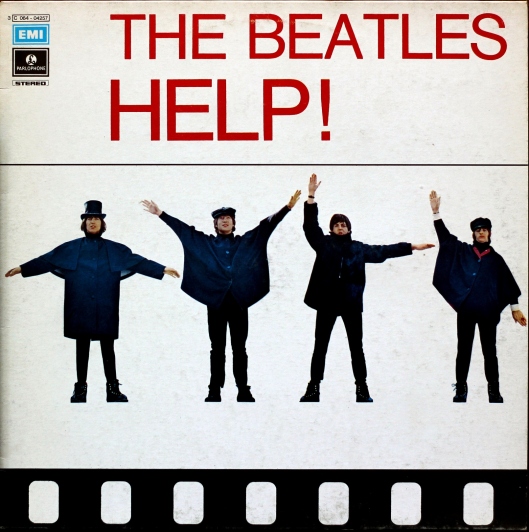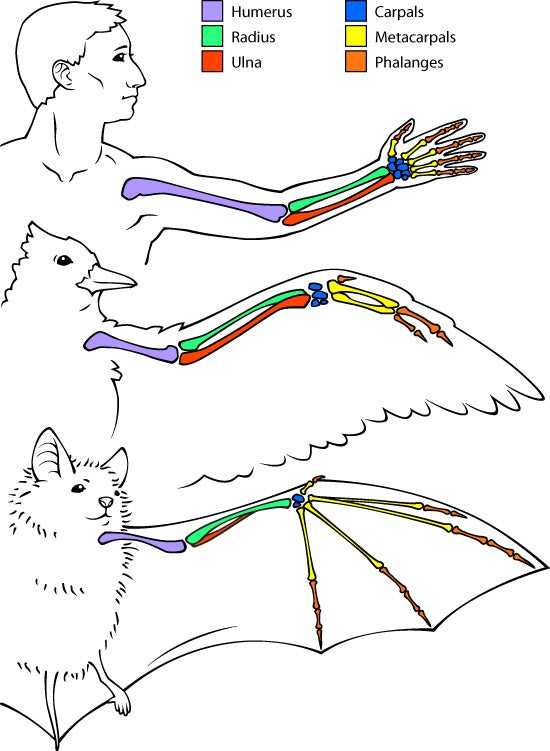I spent a while today talking with a student about asking for help. We started off talking about how their math was going and they said that they just didn’t get math. I asked why they didn’t ask me for help. It has been half a year and I haven’t heard a peep from them asking for help. They said that asking for help makes them feel weak. They’d been told that by influential people in their lives. It wasn’t an issue of appearing weak to others, either. It was an issue of their sense of self. And it made me sad.

I think human nature makes us want to feel in control. The world is a scary place. We may no longer be fighting for our lives on the savannah, but the physical events that threatened our control over our life have been replaced by more intangible ones. We worry that we’ll fail, that we won’t have food or shelter, that the people we care about will leave us. Modern society has given us a plethora of sources of anxiety, stress, and depression beyond what we’ve known in our evolutionary past. Looking around the world and observing all of the events in our lives that are not under our control can be overwhelming. And in countering that, we want to feel that there is nothing we can’t accomplish on our own if we just try hard enough.
When you attempt to do something but don’t succeed, it can feel like just another thing that is out of your control. I can understand initially not wanting to ask for help because it does feel like saying “I give up. This is one more thing that isn’t for me. One more thing I just cant manage.” It’s much more fulfilling to achieve something on your own. It gives you the sense of control. But asking for help isn’t a sign of weakness. If anything, it’s a sign of strength because it takes a strong person to admit that they need assistance. Especially if they are asking someone they look up to, someone they don’t want to disappoint. (So it’s important for people in that position to be sensitive to their response when people ask for help.) That strength is the strength to recognize what we can and cannot control, being willing to embrace that, and act in a way that allows us to improve our lives rather than stagnating in the name of “grit”. Being willing to receive help is one step towards acknowledging the absurd and doing what can be done to find hope in it.
As I’ve often said before, there is very little that we can control in our lives. It is a struggle against the absurd from day one; Sisyphus and his rock. The more we delude ourselves into thinking we can control more than our own actions and reactions to things, the more frustrated we become. When we turn away help or refuse to ask for it, we are ignoring one of the few things we actually can control – utilizing resources that are available to improve your position. By not wanting to feel or appear weak, we actively make ourselves weaker. We give the absurdity of life another chance to derail us.
I cannot think of any great human achievement that was done in isolation. Isaac Newton is quoted as saying “if I have seen further than others, it is by standing on the shoulders of giants.” I don’t doubt that Isaac Newton left to his own devices, could have and would have still provided significant contributions to humanity. But someone had to teach him. Someone served as a sounding board for his ideas. Having had some time to reflect on this more, if I could go back to the conversation I would tell the student this: you are incredibly talented. I have no doubt that you can and will achieve great things. But that will be difficult if you get hung up on trying to do everything on your own. Don’t see seeking help as weakness. View it as an opportunity to grow more than you could on your own and to offer more to the people around you. Your life will be hard enough. No need to make it any harder than it has to be. Don’t allow yourself to be deceived by the absurd.







_1.jpg)






